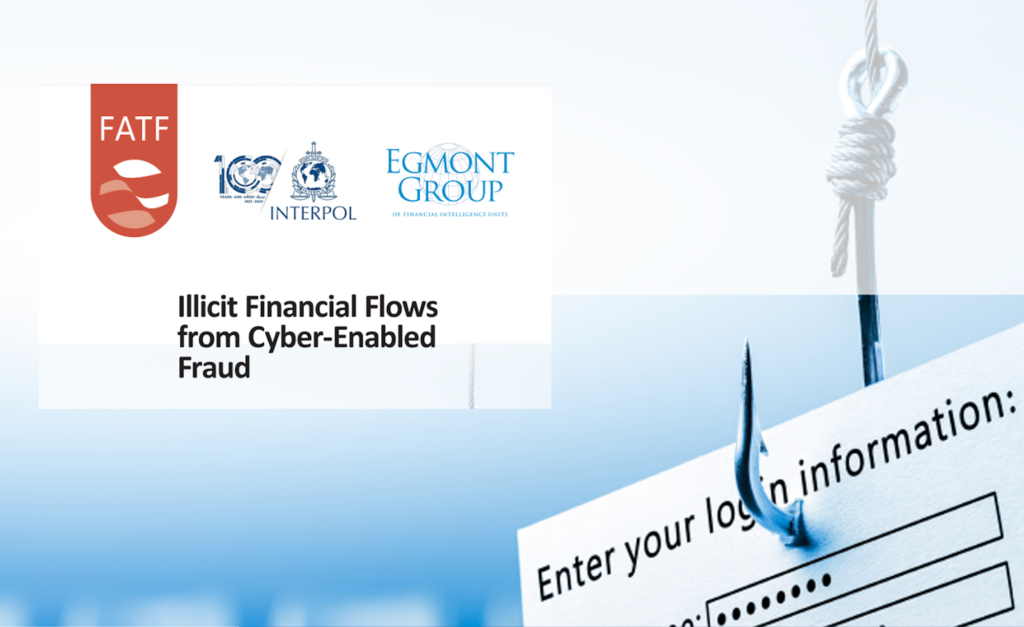
Illicit Financial Flows from Cyber-enabled Fraud
Paris, 9 November 2023 – Cyber-enabled fraud is a major transnational organised crime that has grown exponentially in recent years, both in volume of frauds reported and their global spread. Such crimes can have a devastating impact on individuals, organisations, and economies worldwide, causing significant financial losses and eroding trust in digital systems. The transnational nature of this crime, with proceeds of cyber-enabled fraud often rapidly transferred to different jurisdictions, makes this a global concern.
As digital innovation continues to advance, so will the sophistication and scale of cyber-enabled fraud, if left unchecked. The FATF, in partnership with the Egmont Group and INTERPOL, analysed how the cyber-enabled fraud landscape has evolved, its links to other crimes and how criminals may exploit vulnerabilities in new technologies. The report highlights examples of national operational responses and strategies that have proven successful in tackling cyber-enabled fraud. This includes the need to break down siloes and accelerate and enhance collaboration across various sectors and on both the domestic and international levels.
It is essential that countries work together and take action to stop the escalating threat of cyber-enabled fraud. The report identifies three priority areas in which jurisdictions should act to tackle this crime and related laundering more effectively: enhancing domestic co-ordination across the public and private sectors, supporting multi-lateral international collaboration, and strengthening detection and prevention by promoting awareness and vigilance and facilitating reporting of such crimes.
The report also identifies risk indicators and useful anti-fraud requirements and controls, that may help public and private sector entities detect and prevent cyber-enabled fraud and related money laundering
 Mon - Fri ( 9:00 am - 5:00 pm )
Mon - Fri ( 9:00 am - 5:00 pm )  +971 52 5200 232
+971 52 5200 232  hello@consiliumadvisory.me
hello@consiliumadvisory.me  https://www.linkedin.com/company/consilium-advisory/mycompany/?viewAsMember=true
https://www.linkedin.com/company/consilium-advisory/mycompany/?viewAsMember=true 